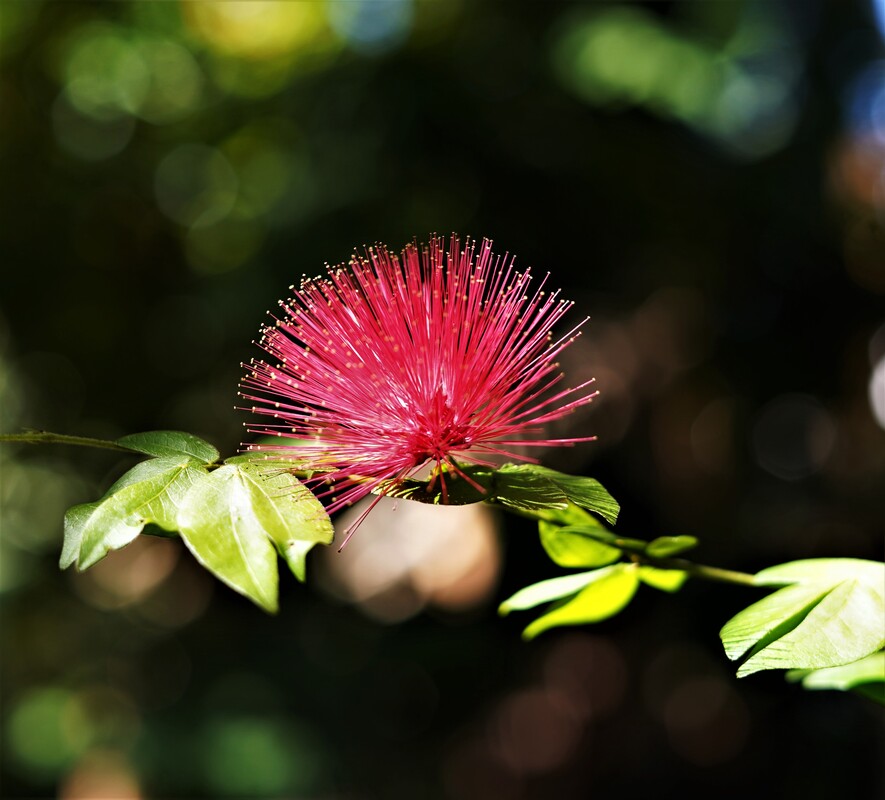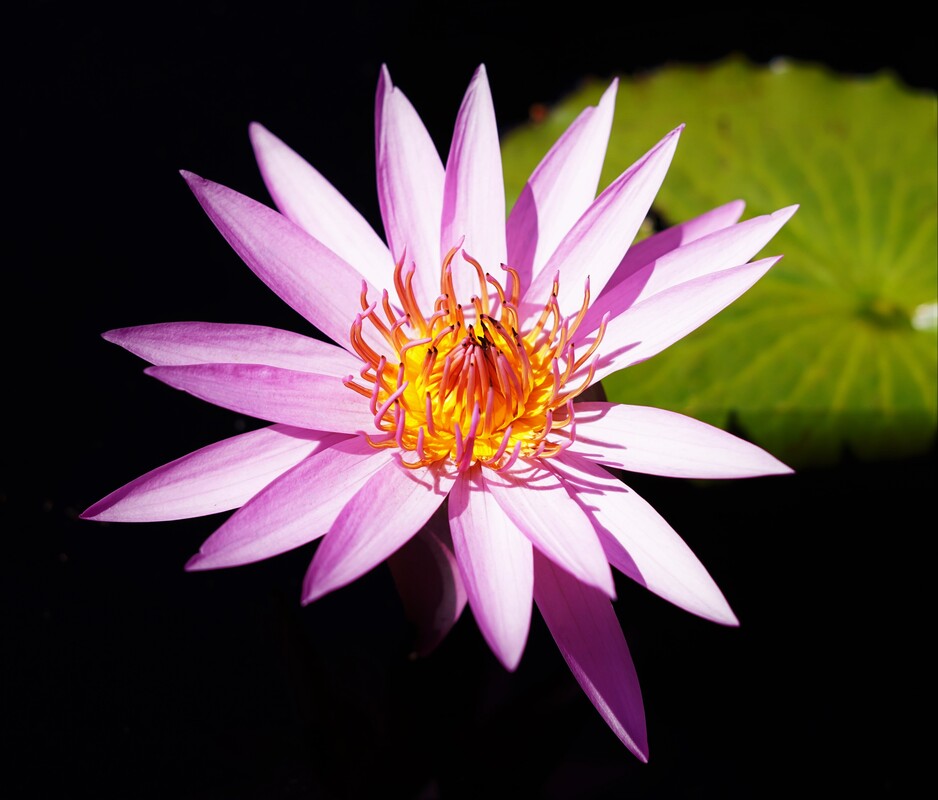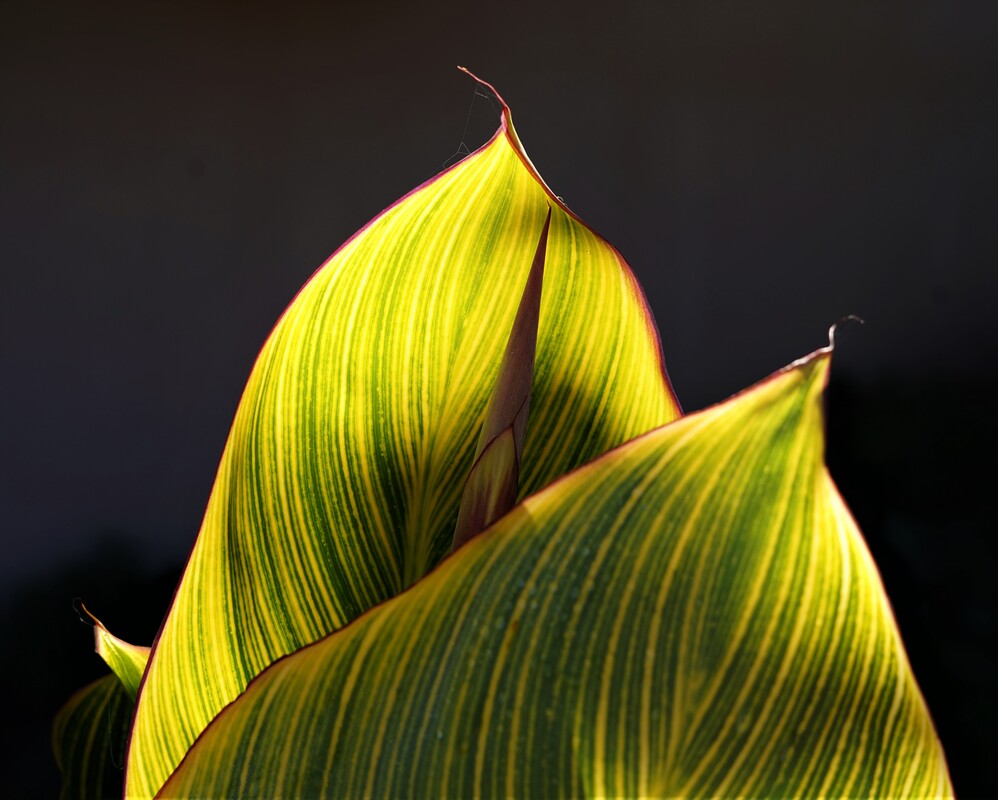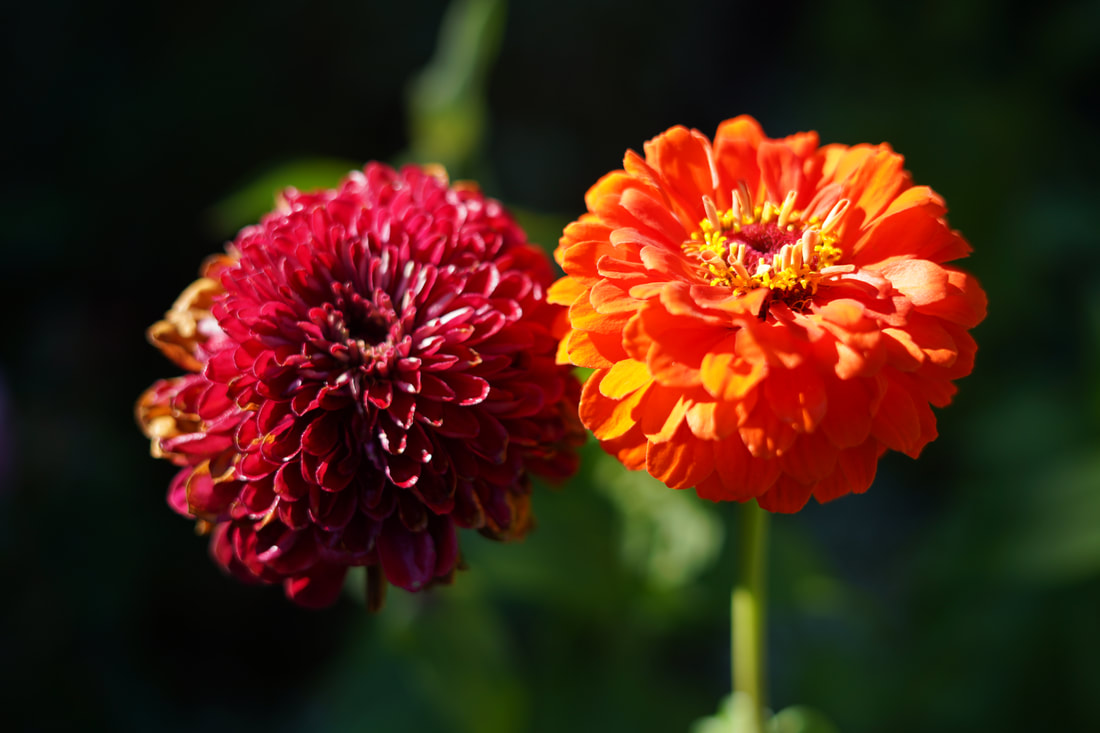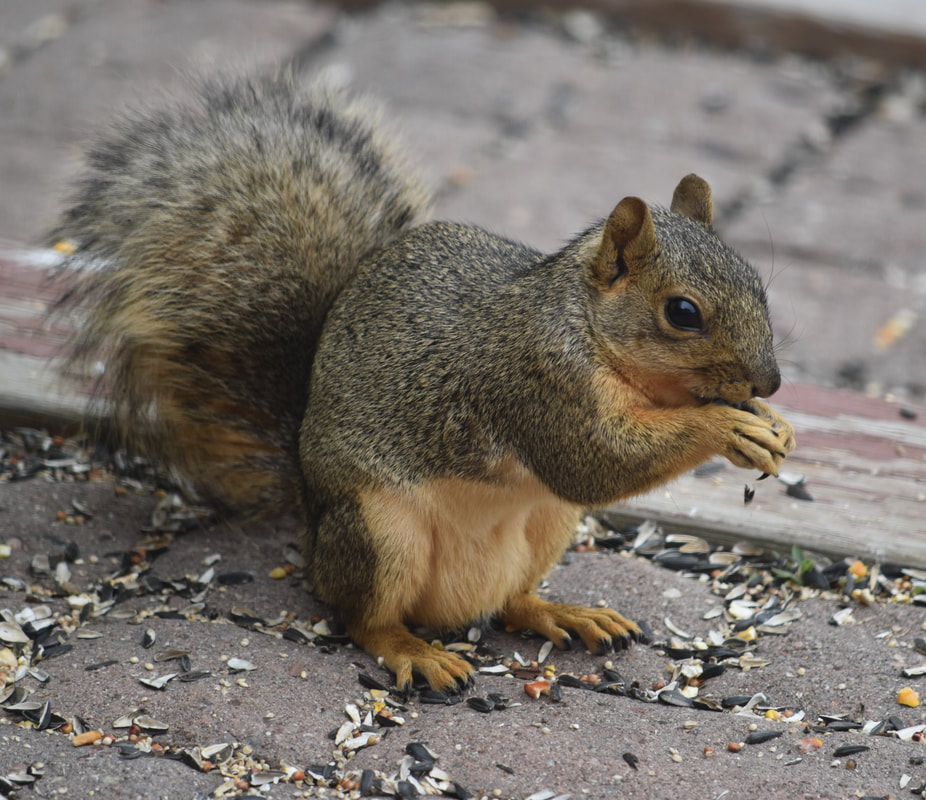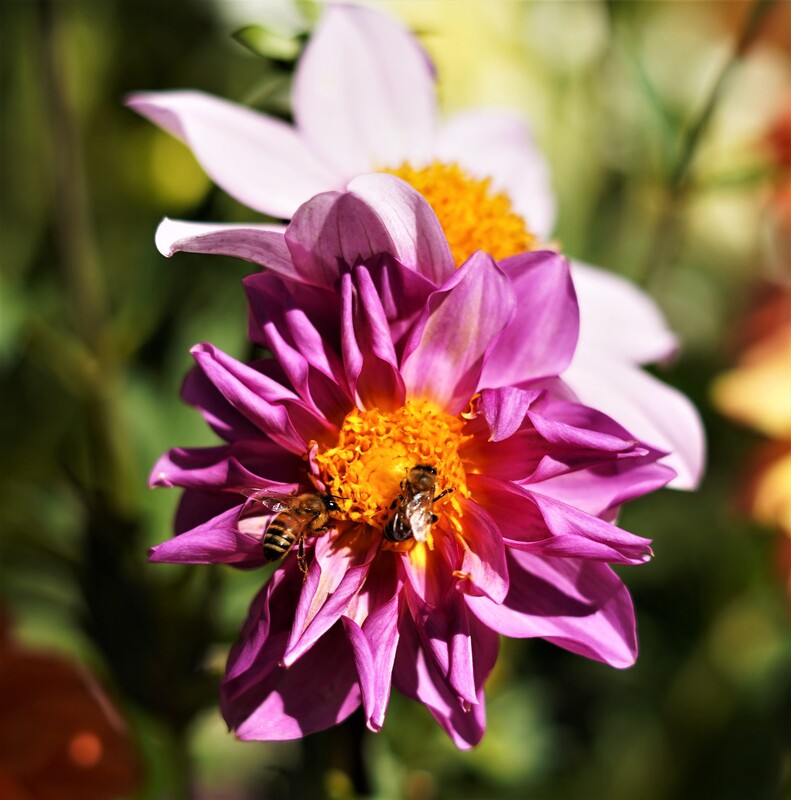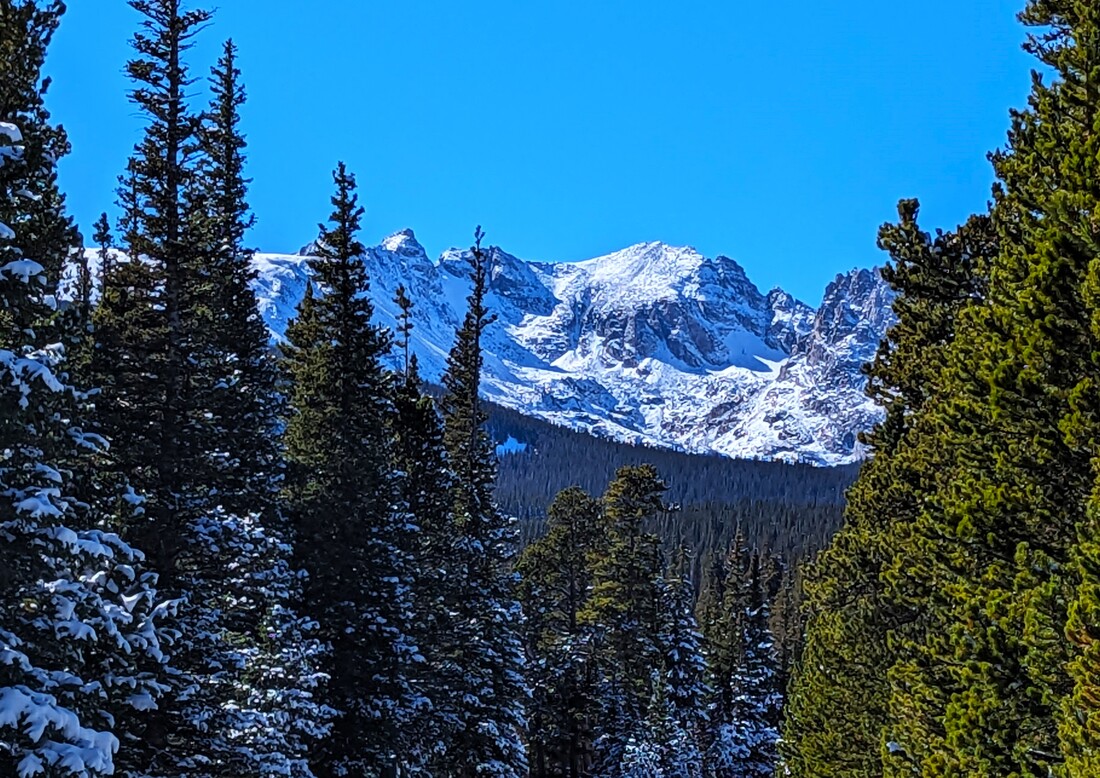AuthorS
Dr. Mike Obsatz, Professor Emeritus at Macalester College Archives
January 2023
Categories |
Back to Blog
Victims of Bullying3/21/2023 Loss of Childhood, Freedom and Spontaneity Recently, a young adolescent girl who was bullied by other girls killed herself. It seemed like a wake-up call for some -- about the devastating effects of this "normalized" behavior of many children, adolescents, and adults.
0 Comments
Read More
Back to Blog
March 21st, 20233/21/2023 In an Empire-Obsessed World Jesus pleaded to us to be IN the world, but not OF the world. For Jesus, the world was filled with negativity, hatred, and violence. We have to live IN the world, but we don't have to take on the many worldly ways and beliefs. There is another path, another way of being. I call the world's ways Empire Consciousness, and I call the spiritual world's ways Oneness Consciousness. Here are some differences in the two belief systems:
Oneness Consciousness vs. Empire Consciousness: Spiritual ways vs. Empire-Obsessed Ways equality vs. domination connection vs. separation individuality vs. categorizing and labeling personal empowerment vs. power over co-operation vs. competition acceptance vs. judgment love vs. fear authenticity vs. addicted living peaceful means vs. violence abundance vs. scarcity self-compassion vs. shame and guilt forgiveness vs. grudges freedom vs. oppression sharing vs. hoarding equality vs. hierarchy trust vs. mistrust letting go vs. control acceptance vs. self-righteousness diversity vs. "one right way" respect vs. disrespect ruthlessness vs. empathy humility vs. entitlement (eminent domain) gratitude vs. envy and resentment Moving from Empire Consciousness to Oneness Consciousness is the ONLY way the world will become a place of love, lasting joy, and peace. We must become individuals and a world community of spiritually-centered people for life on this planet to change. We cannot legislate peace and love. It is an INSIDE JOB.
Back to Blog
From Empire To Oneness3/21/2023 Don't Fester
Don't Pester Let go of Yesterday Be a Beamer Be a Dreamer And the Redeemer Will Come Your Way Let your Light Shine And all will be fine Celebrate life And a great life Will be yours today Move from Comparing Controlling, Despairing There's enough To go around Move from Dividing Dominating, Hiding And our Oneness Will be found We are Connected Not to be Dissected We are Holy and Whole Soul to Soul to Soul
Back to Blog
Mass Shootings3/21/2023 The Tyre Nichols Massacre: Powerlessness/Fear/Domination/Destruction Instinct Gone Crazy In Empire Consciousness, there is a fear/domination belief. The world is "we vs. them." There is scarcity. Either kill or be killed. You can't trust anyone. Everyone is my enemy, a potential criminal. Hierarchy is essential, and being on top is crucial. Domination is contagious. In a group setting, it is mass domination. Aggression and violence are also part of the male socialization process. So, it is manly to be brave. Shoot first. Ask questions later. There is an impulsivity to it. There is entitlement to use power and force to get the result one wants.
So, if no one is safe until everyone is safe, there will always be threat, power, rage, domination, and a need for control. Guns provide a feeling of safety for some, and the ability to control for others. This is built into the consciousness of all males, especially males who are to keep order, and patrol the streets. Mass shootings frequently come out of powerlessness and rage. Often, perpetrators are male, feeling victimized by others or life itself. Some shootings are do to hatred for others who are different. Some are for retaliation. And some are just a way to express power and domination. In the case of Tyre Nichols, the officers were Black. Why would five strong Black men be threatened by an unarmed young Black man? The police are playing the role of "serve and protect". What harm could unarmed Tyre do them? It isn't about race. It also isn't a rational response. It is an automatic response coming out of years of socialization, years of oppression, and an opportunity to carry a weapon and defend oneself against the enemy. It is fear-based, instinctual, and part of the Empire Consciousness that we all are brainwashed into following from birth. We can try to change the way policing is done in America. We can fire people, and suspend people. But this gut instinct to dominate and hurt others is continuously programmed into male psyches. When a six year old male child brings a gun to school and shoots a teacher, we really have to ask what is going on here? Rules won't solve it. It is systemic into the American culture of domination by the powerful. It about genocide of Native Americans, Jews and others. It is about subjugation and oppression of Black men, women and children. And fear continues to fuel more fear. The other aspect of this systemic psychic disorder is the intense and pervasive denial system is always at work. Excuses are made. The Holocaust was made up. Slavery wasn't that bad. To change this Empire Consciousness, we have to start by examining the inequitable distribution of resources and services. With domination comes entitlement and privilege. Oneness Consciousness is the only solution, and must be understood, taught, and practiced. If everyone really had enough and believed they were enough, there probably be a lot less shooting and crimes. Seeing everyone as valuable, worthy, and lovable would change the brains of many people. It is a simple, yet complex solution. It is core belief, a way of life, a level of awareness, empathy and consciousness that need to be transformed. If not, don't be surprised if it happens again and again and again.
Back to Blog
Our Human Woundedness1/24/2023 How Do We Heal It? We realize that we were wounded by people who didn't know how to treat us. They couldn't love us because they weren't spiritually connected, and didn't love themselves.
Healing the wound is realizing the wound was never about you. It was about them, and their pain. So, one you understand that, you realize that as a Child of God, Child of the Universe -- you were loved spiritually and that was always there. So your worth is connected to your spiritual lovability, and not how earthly human beings treated you. It is through spiritual grace that you have survived all of that. You are a walking miracle. Now is your time to spiritually connect, know you are loved, and that nothing any human beings do to you or say about you can take you away from spiritual love and Divine lovability. So, release the power of the human wound, and identify yourself only with God's unending love and grace for you. Your true nature is Divine, and your freedom comes from knowing that. Now spread this message to world, so worldly wounds, coming from Empire Consciousness, can no longer have any power or control of who anyone is, what they believe, and what they do. This is the message of Jesus, and St. Francis, and Richard Rohr. Nothing else matters if you have this internal love, compassion, grace, and desire to help others feel this way.
Back to Blog
24 Nuggets of (Video) Wisdom1/20/2023 At 81 Years ... The Video Version Dr. Michael Obsatz Speaks For 27 Minutes
Back to Blog
24 Nuggets of Wisdom1/20/2023 At 81 Years It is amazing how resilient we are. We are walking miracles.
In every challenge there is a hidden blessing. Good, long-term friends are priceless. Selective vulnerability is the way -- trustworthy friends are the best gift. Be cautious about being too open with people you don't know. Working hard does pay off. Selfish, narcissistic people are a drain, and should be taken in small doses. Life is about comings and goings. Many people leave. And that is all right. Being of service to others brings joy. Gratitude is the way to live in peace. There are many brilliant teachers. Most people have something to teach us. It is important to not be hooked on praise, applause, and external validation. Inner knowing that one is worthy is enough. Be kind to everyone, especially caregivers -- doctors, nurses, pharmacists, etc. There are no mistakes, only opportunities for growth and transformation. Living in Oneness Consciousness is the best way to cope with life's challenges. We are all connected. Letting go of the past, forgiving oneself, and others is crucial for inner peace. Don't expect people to trully understand what really matters. Don't expect to be understood by everyone. What really matters is using one's gifts to make life better for others. Feelings are important, but dwelling on them too long could lead to problems. Find people who love themselves, and know how to love. We are all loved, loveable, and loving. That is our spiritual connection. Nature is a great healer. Labels limit us -- we are more than any category or group. We are all children of the Universe -- that is all. Laughter, playfulness and light-heartedness are helpful for us.
Back to Blog
An Ordinary Joe1/20/2023 "Soul Sadness" and The Disposable, Peripheral JosephAs I listen to Christmas songs, I notice one common theme. Mary is a Virgin. Jesus is the Son of Mary and the Son of God. How does Joseph feel about not being Jesus' father? Is he a stepfather?
These days, one would call "The Immaculate Conception" an illegitimate birth. Yet, as Christmas is celebrated, this is seen as a miracle. A birth that is not the typical birth. God is the father, not a human being, not a man. None of this makes very much sense to me. Joseph is superfluous in the Christmas story. He is there, but not really necessary. Yet, he takes on the role of father, and also takes care of Mary. So, is Joseph just a caretaker? What does he really feel about all of this? Do we care what he feels? If you look at the whole story metaphysically, it doesn't have to make biological or logical sense. God used Mary to bring Jesus into the world because God needed to experience human suffering and joy, real life. But, Mary is far more important than Joseph. She is seen as Holy while he is pretty much ignored. How many songs are written about Joseph? Not too many. Joseph's job is to make sure there is a birthing space since there was no room at the inn. Joseph did what men are traditionally supposed to do --be a sacrifice for the Higher good. This peripheral idea of manhood is rarely talked about. Men are created to earn a living, put up with bosses, fight wars, and die for their country. And yet, they are seen as having privilege. Where is the logic in that? I believe the need to be one up, to make a mark, to dominate others comes from a deep abandonment of a man's soul. As he is expected to provide, protect, and procreate, a man's feelings and needs become secondary. And he is taught to not show those feelings, and not talk about them. So, the whole of Empire Consciousness is a reaction to the peripheralization and disposabilitiy of men. All males experience abandonment of their true selves, losing honest acceptance of their vulnerability. Vulnerable men probably would have a harder time killing others in wartime, or being ruthless in corporate life. Robert Bly said it many years ago. Men are used for the benefit and gain of others. How about this? All dysfunction in the world comes from the loss of one's wholeness, authenticity and inner power. When a man gives up his true nature to conform to a role, he spends his life grieving what he has lost. However, he is not really allowed to express his "Soul Sadness." Violence, greed, hatred, need to control, arrogance, and rage -- all signs of a loss of the depth of one's true soul. Empire Consciousness is a reaction to pain, loss, and abandonment. So, the story of Christmas is supposed to be about a birth, a change in Consciousness. Empire Consciousness leads to suffering. Oneness Consciousness leads to connection, compassion, empathy and wholeness. Describing Jesus as King, Lord, and Ruler of All is strange to me. If Jesus represents oneness, love, and acceptance of all, why does he have to being a King, Ruler or Lord. Why can't he just be an ordinary guy who delivered a powerful message about transformation. We take the ultimate birth of Oneness Consciousness and turn it into Empire language. Empire language leads to Empire thinking and belief. Hierarchy always leads to pain. So, the Good News is perverted back the same old Bad News. We can't legislate change of consciousness, and it is not about worshipping anyone. It is about living out the message of Oneness, every day in every way. As an Ordinary Joe. Maybe Joseph was just an Ordinary Joe, and that was the true message of Christmas.
Back to Blog
Distill, My Heart11/28/2022 From Empire Consciousness to Oneness Consciousness "Distill" is defined as "extracting the essential elements" from something.
So, we can read a book, and distill its main ideas and conclusions. We can share that information with others, so they can "get the gist" of book without reading the whole book. Distilleries are places where beer is made and sold. Distilled water has essential elements in it, without harmful contamination. I believe we are all living distilleries. We share the main aspects of our life's journey and wisdom and the learnings of many wise and creative individuals. We have lived minutes, days, weeks, years. We have gleaned much wisdom and understanding from our experiences and learnings. Learning from our journey helps us make more mature decisions, avoid pitfalls, and live more intentional and meaningful lives. The goal of eldering, being the older part of the population is to share that wisdom, and distill the major insights from life experiences and experts in the arts, psychology, sociology, education, the sciences, and all other fields. As we guide younger people, the future adults and elders, we who have lived a longer time, read a lot of books, and met amazing people can help youth focus on meaning and purpose, rather than merely acquiring wealth and fame. Robert Bly wrote a book called "The Sibling Society." He stated when the young believe they can learn only from others who are young and inexperienced in life, many distractions and much destruction can result. Elders who have gleaned real wisdom from others, and who have examined their own experiences with some thought and depth can provide a more mature understanding of living a valuable and purposeful life. If we believe that love and connection are what matter most, we can teach that the younger generations. If we believe that there is an abundance of resources, we can teach that. Most of all, we need to teach that there is a responsibility and an accountability that comes with growing up. We are to take care of the earth and all of its creatures. We are to take care of those in pain, the sick, the lonely. Empire is about power, domination, scarcity, fear, subjugation, and violence. Oneness is about abundance, love, sharing, compassion, and accountability. Distilling from the past, seeing the destructiveness of Empire Consciousness, we can teach that there is a better way to live. Oneness Consciousness provides lasting peace, joy, and compassion. Empires implode from within. Nobody is really safe until everyone is safe. Share your wisdom, share your understanding, and let love and compassion rule the world.
Back to Blog
We Have Overcome This Day11/3/2022 We have all been wounded emotionally. Some of us have been abused physically or sexually. Others have been shamed. Some of us have endured beatings. Others have been harassed and verbally abused. Many of us have experienced losses of loved ones
It is wounded world. If one isn't hurt or abandoned in one's family of origin, he or she has to endure a culture of Empire Consciousness, which focuses on domination, hierarchy, labeling, and being taught to believe that "You are not enough as you are." We work on our traumas and our wounds. We cry out, try to reach inner peace, and sometimes confront those who abused us. Some people move toward forgiveness. Others attempt reconciliation. Still others spend their lives believing that they are "damaged goods." Spiritually, we are all perfect children of Spirit -- loved, lovable and loving. Nothing anyone did to us changes our magnificence. We are all shining lights. Here is another way to look at this world of trauma and pain. I believe we are all "walking miracles." We have endured countless experiences of being hurt, shamed, and humiliated. We have kept some of our pain inside, and some of our pain oozes out into the world. Some people believe that "hurt people hurt people." We can blame others, and stay in the mode of victim, or we can claim our wholeness, despite our suffering. As a matter of fact, our suffering has enhanced our wholeness while giving us empathy and compassion for others. If we can focus on our "overcoming" the suffering and not just the suffering itself, we can discover how strong, resilient and amazing we really are. We are OVERCOMERS, and "walking miracles." With this comes a feeling of inner power, strength and fortitude we may not have known we have. We have been pushed beyond our limits, and are still alive to talk about it. Some of us take our personal woundedness and use it help others who have been hurt. The song "We Shall Overcome Some Day" is an incredible anthem of Black Americans. It is remarkable that Black people have made it through so much oppression, suffering and abuse and are still living, creating, and functioning. The same is true for Native Americans, Jews, GLBT people and other marginalized groups. I'd like to add another song to that one: "We Have Overcome This Day." If we can begin to focus on our overcoming, healing the wound, but not forgetting it, I believe we can move into gratitude and Oneness Consciousness. Jesus said, "Forgive them, for they know not what they do." We can forgive others, and show the world that they no longer have any power over us. As OVERCOMERS, we radiate Divine Love, and support others as they come to know their own resilience, power and amazingness. Empires will always die and implode. Those who hate also hate themselves. Oneness Consciousness is the healing solution. And OVERCOMERS, we can testify to the being "walking miracles." Go -- tell it on the mountain. |
 RSS Feed
RSS Feed
